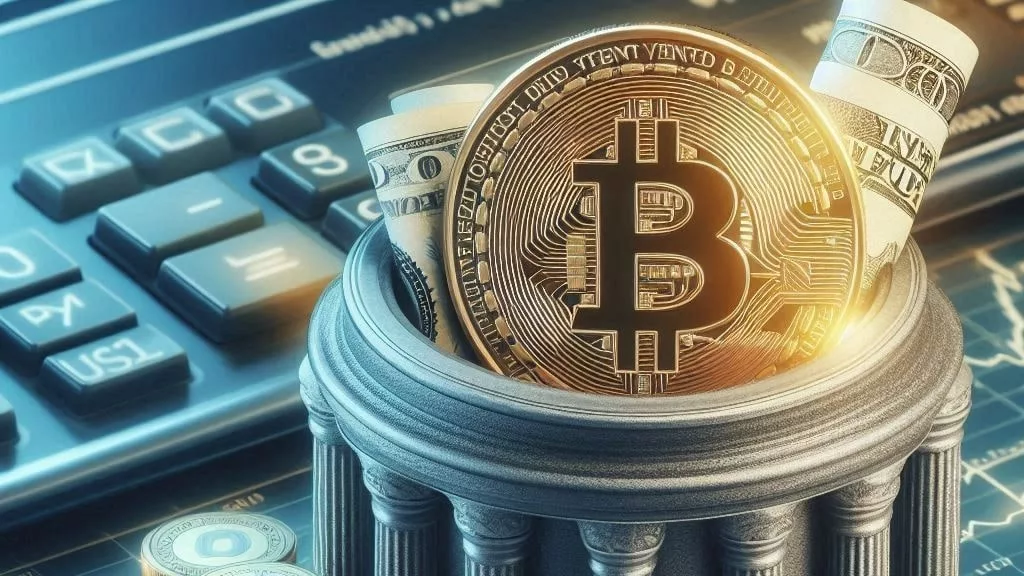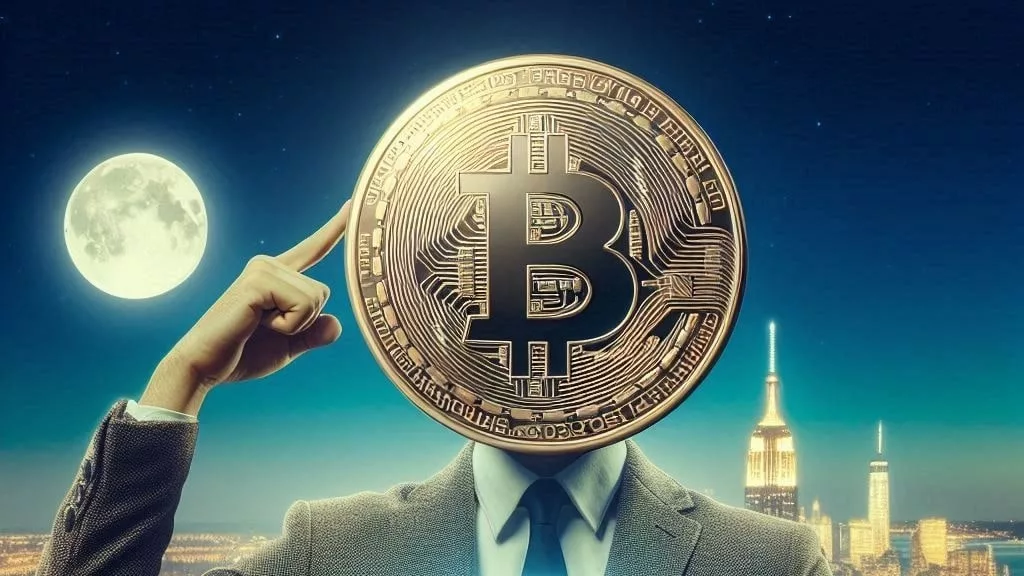
Charles Hoskinson, the co-founder of Cardano and Ethereum, recently expressed deep concerns regarding the potential impact of Donald Trump’s newfound affinity for cryptocurrency. In a series of interviews with mainstream media, Hoskinson emphasized that both Trump and Vice President Kamala Harris lack a coherent vision for the future of crypto regulation in the United States, which could have serious implications for the industry.
During a conversation with The Financial Times, Hoskinson noted that while Trump has taken a seemingly progressive stance towards cryptocurrency, his involvement could inadvertently complicate regulatory matters. “Everything Trump does the left hates with such a passion,” Hoskinson said, suggesting that this intense partisanship might provoke scrutiny from regulatory bodies like the SEC and the DOJ. He warned that such investigations could destabilize the broader cryptocurrency market, creating an atmosphere of uncertainty.
Hoskinson specifically pointed to Trump’s recent association with World Liberty Financial, a new decentralized finance (DeFi) platform backed by Trump and his sons. He expressed skepticism about whether Trump could assemble a competent team to support the crypto sector, citing the former president’s history of high staff turnover.
Hoskinson did not limit his criticism to Trump alone; he also took aim at Kamala Harris, arguing that her policies would likely perpetuate the status quo of the Biden administration, which he views as unfavorable for the cryptocurrency industry. He described current Democratic policies as detrimental, especially given the party’s mixed signals about digital assets. While senior Democratic figures like Elizabeth Warren and President Biden have expressed skepticism towards cryptocurrency, younger members of the party, such as Ro Khanna, are more open to discussing reasonable regulatory frameworks.
Hoskinson highlighted a generational divide within the Democratic Party regarding attitudes toward cryptocurrencies. He noted that Republicans seem more inclined to advocate for fair regulations, as exemplified by Senator Cynthia Lummis’s efforts in the crypto space.
Despite having previously labeled Bitcoin a “scam,” Trump has recently declared his intention to transform the U.S. into a “Bitcoin superpower.” Hoskinson remains cautious, questioning the sincerity of this shift. In an interview with CNBC, he acknowledged Trump’s positioning as the “more pro-crypto” candidate, but he characterized it as opportunistic behavior common in American politics. “Every politician has some degree of opportunism,” he stated.
Hoskinson argued that while Trump’s involvement in crypto has garnered attention, it risks turning what has traditionally been a bipartisan issue into a contentious political battleground. He suggested that the Democrats might retaliate by using government institutions to hinder Trump’s initiatives, thereby potentially causing broader harm to the entire cryptocurrency ecosystem.
Looking ahead, Hoskinson believes that if Trump wins the November election, he may struggle to deliver on his pro-crypto promises. This skepticism raises questions about the future of regulatory support for the industry under a Trump administration. Hoskinson fears that failure to create a stable regulatory environment could push more cryptocurrency activities overseas, undermining the U.S.’s position in the global crypto market.
Ultimately, Hoskinson calls for a more united front in advocating for the cryptocurrency industry. He argues that lasting change will require a broad coalition that transcends partisan divides. The potential for collaboration exists, but it hinges on a collective commitment to fostering an environment conducive to innovation and growth in the crypto space.
Charles Hoskinson’s warnings highlight the complexities of intertwining cryptocurrency with political agendas. As former President Trump and Vice President Harris position themselves in the evolving landscape of digital assets, the need for clear, effective regulation has never been more pressing. Whether or not Trump’s ambitions can be realized without causing disruption to the industry remains to be seen. For now, the future of cryptocurrency in the U.S. hangs in a delicate balance, driven by political dynamics and the evolving regulatory framework.



Get the latest Crypto & Blockchain News in your inbox.